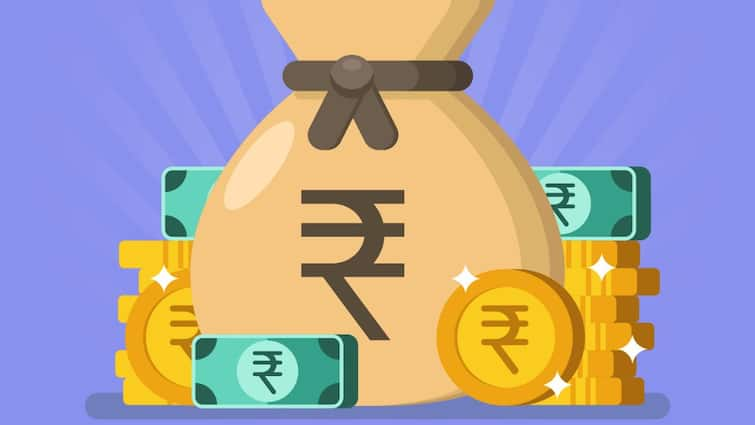As anticipation builds around the 8th Pay Commission, pensioners across India are voicing a clear wishlist: a higher minimum pension, quicker eligibility for full pension, and a fairer fitment factor that matches the rising cost of living.
With the new commission expected to take effect from January 1, 2026, expectations are high among central government employees and retirees alike.
Implementation Timeline: The Countdown To 2026
While the government has confirmed the formation of the 8th Central Pay Commission, the actual panel has not yet been constituted. Once established, it typically takes around 12 to 18 months to prepare and submit recommendations.
After submission, the report undergoes a detailed review by the Finance Ministry before final approval. This process suggests that full implementation may not occur until 2026 or even early 2027.
The new pay structure reportedly aims to bring parity between inflation and income levels for central employees, ensuring that compensation packages remain competitive.
The last pay commission, implemented in 2016, led to substantial hikes across salaries and pensions, and the upcoming round is expected to deliver similar results.
What Pensioners Want: Full Pension After 12 Years Of Service
One of the most-discussed proposals is reducing the eligibility period for a full pension from 15 years to 12 years of service. If approved, this change could offer a significant boost to mid-career government employees planning their retirement.
It would also encourage longer service tenures, ensuring experience retention in critical departments.
Experts suggest this reform could particularly benefit employees in lower pay grades or those nearing retirement, helping them secure better post-retirement financial stability.
By shortening the qualifying service period, the government would be offering quicker access to full pension benefits, a long-standing demand from employee unions.
Pension Hike Wishlist: Minimum Pension Of Rs 25,000
Another major reform on the wishlist is a sharp increase in the minimum basic pension from Rs 9,000 to Rs 25,000 per month. If implemented, this would represent nearly a threefold rise and bring much-needed relief to pensioners struggling with rising living costs. The move would particularly help lower-income retirees, ensuring a more dignified post-retirement life.
In addition, the Uniform Pension Scheme (UPS) is expected to be simplified for faster processing and better transparency. Pension disbursal systems could also be revamped with digital tracking and improved grievance redressal mechanisms.
Fitment Factor: Between 1.83 And 2.46
The fitment factor, which determines how existing pay levels are revised, is likely to be set between 1.83 and 2.46. A higher fitment factor means a larger hike in both salaries and pensions. This revision aims to adjust for inflation and align with the overall economic growth rate. Analysts predict that this commission could be one of the most employee-friendly in recent memory.
Wider Impact: Gratuity, PF, And Healthcare To Benefit
The ripple effect of the 8th Pay Commission is expected to extend beyond salary and pension revisions. Employees could see an increase in gratuity limits and higher contributions to the Provident Fund. Post-retirement healthcare coverage is also likely to improve, especially with discussions around expanding the Central Government Health Scheme (CGHS) benefits.
Experts believe that these collective changes will make central government employment more attractive and future-ready, particularly at a time when private-sector compensation packages are evolving rapidly.
When Will The Reforms Take Effect?
Most financial analysts expect the 8th Pay Commission’s key recommendations, including pension reforms and fitment adjustments, to be finalised by mid-2025. Their implementation could then take effect from January 1, 2026. Employees and pensioners can expect greater clarity by late 2025 as the government reviews the panel’s report.


